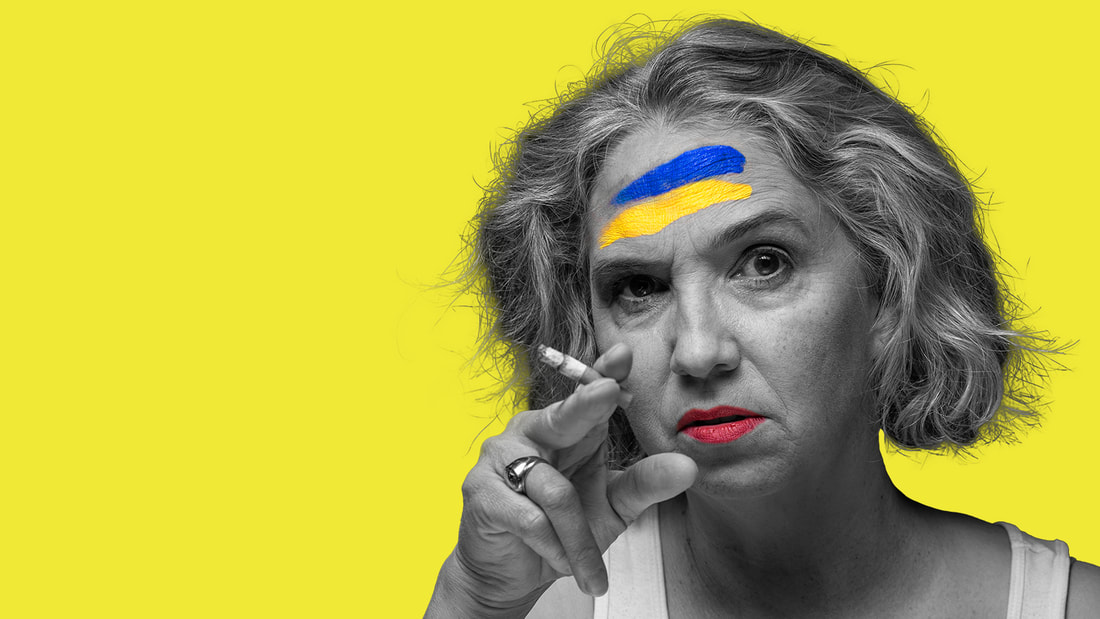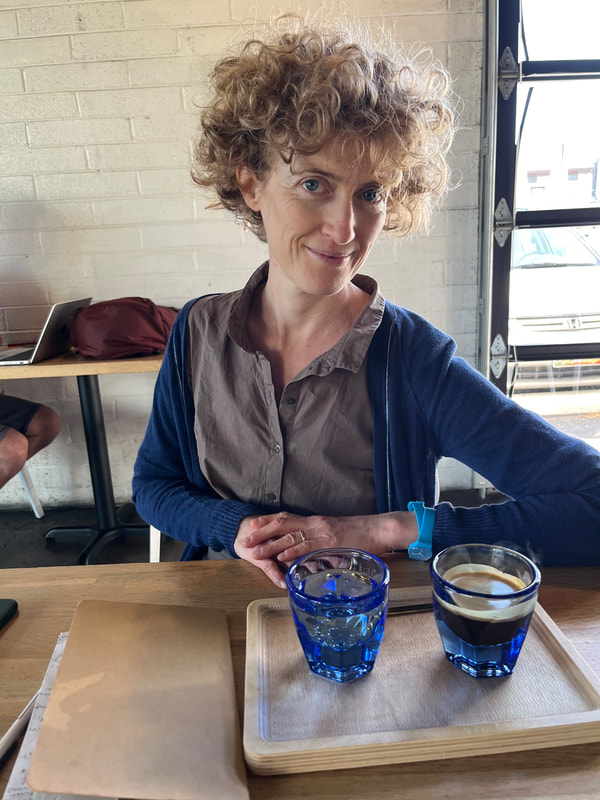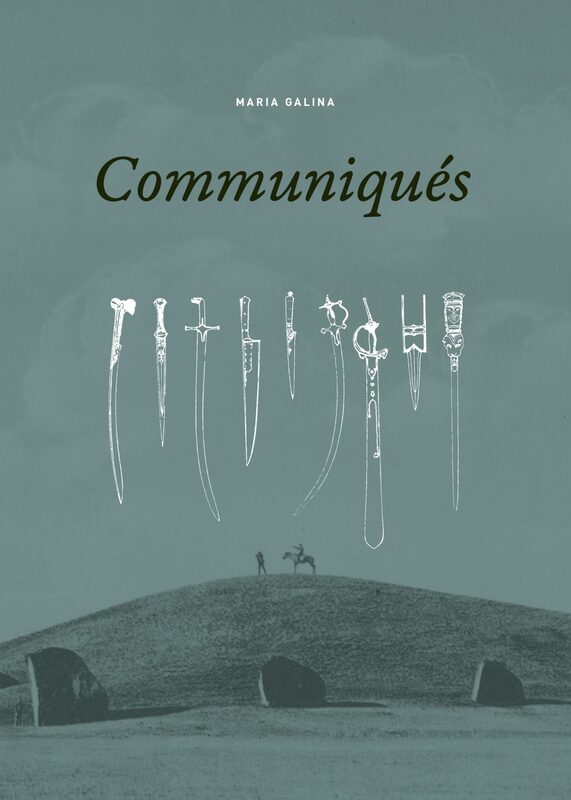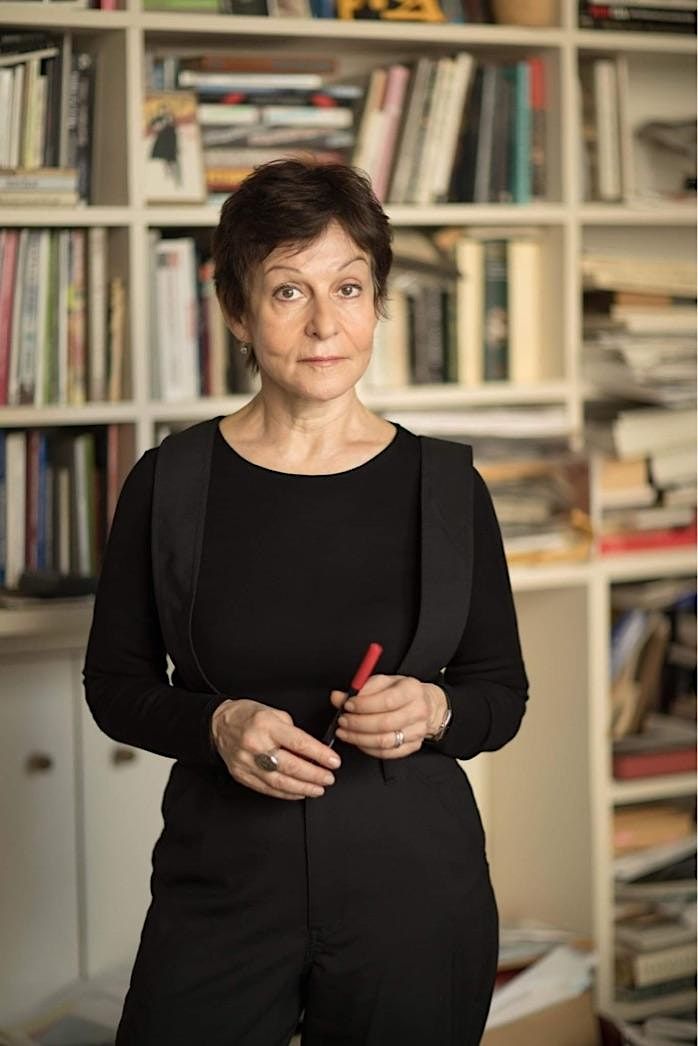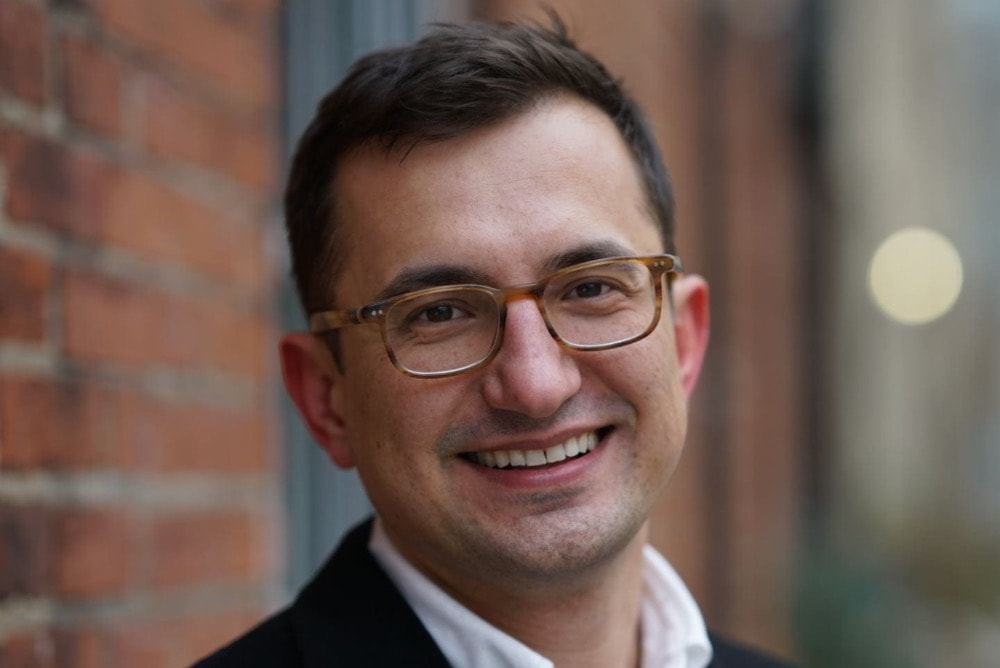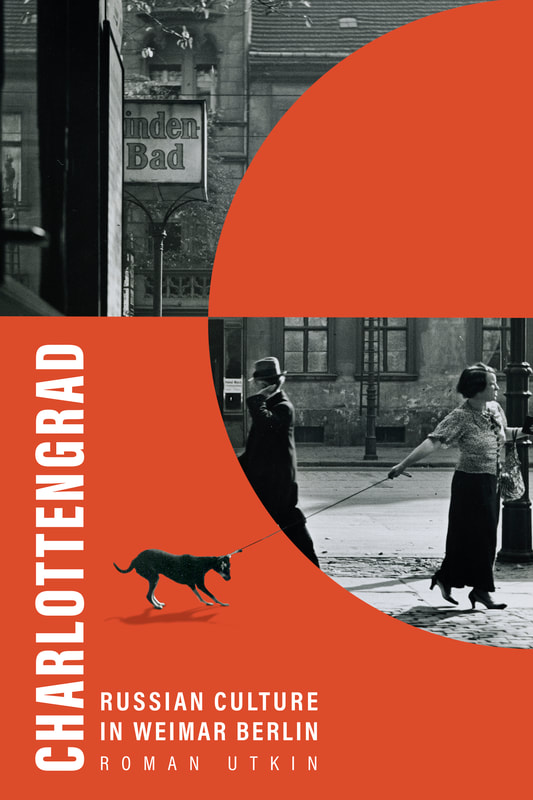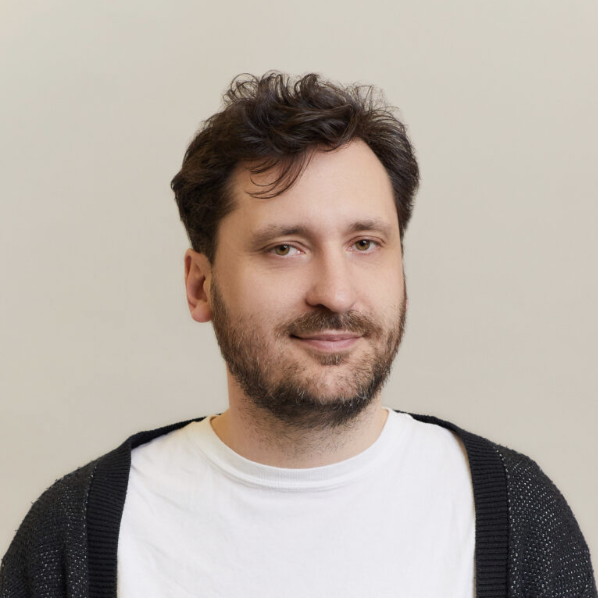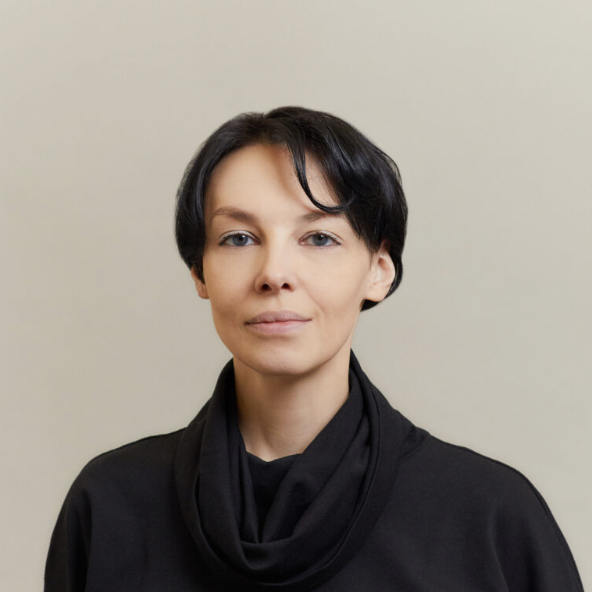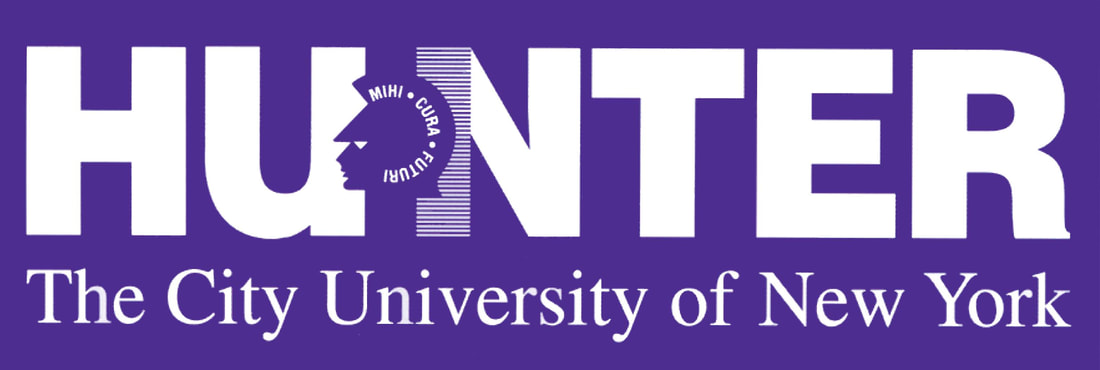SPRING 2024
My Mama and the Full-Scale Invasion by Sasha Denisova (Wilma Theater). A screening and Q&A with the director Yury Urnov
February 22, 6:30 pm
Maria Galina. Communiqués. Bilingual poetry reading and Q&A with translators Ainsley Morse and Anna Halberstadt
March 13, 6 pm
Roman Utkin. "Charlottengrad: Russian Culture in Weimar Berlin." Book talk and Q&A
March 27, 6:30 pm
Anna Nemzer and Ilia Veniavkin. "Putin's Playbook: Understanding Russian Politics through the Media Archive"
April 3, 6:30 pm
"Banned Books from the Cold War to the Present." International Conference (CUNY Graduate Center)
May 10-11
Victor Martinovich. "“Why Did Pythia Foretell the Future in the Temple of Apollo?” A reading and conversation with the author
May 30, 6:30 pm
February 22, 6:30 pm
Maria Galina. Communiqués. Bilingual poetry reading and Q&A with translators Ainsley Morse and Anna Halberstadt
March 13, 6 pm
Roman Utkin. "Charlottengrad: Russian Culture in Weimar Berlin." Book talk and Q&A
March 27, 6:30 pm
Anna Nemzer and Ilia Veniavkin. "Putin's Playbook: Understanding Russian Politics through the Media Archive"
April 3, 6:30 pm
"Banned Books from the Cold War to the Present." International Conference (CUNY Graduate Center)
May 10-11
Victor Martinovich. "“Why Did Pythia Foretell the Future in the Temple of Apollo?” A reading and conversation with the author
May 30, 6:30 pm

